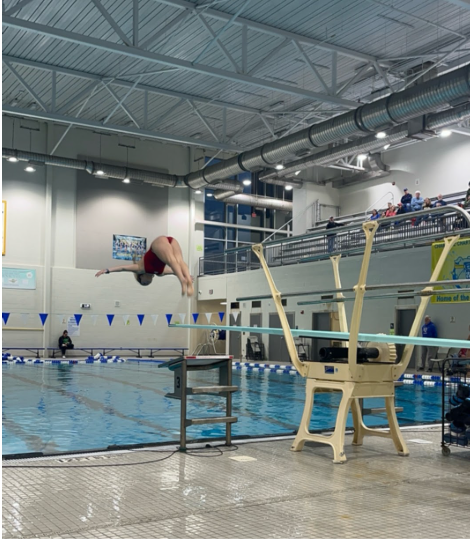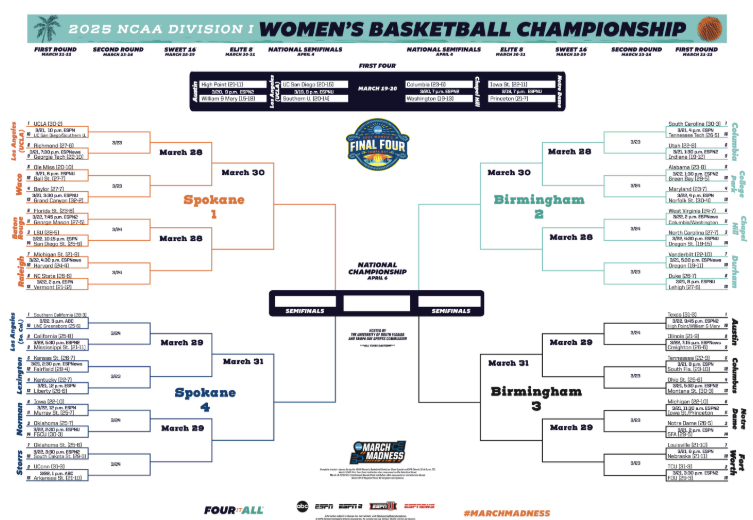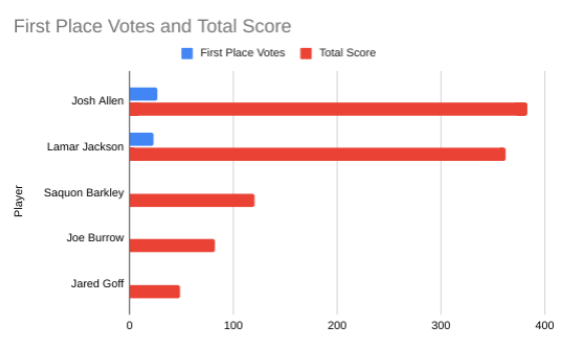Comment
With acceptance of the LGBTQ community finally spreading into the legislative system, many states still take issue with this particular group. In March, the state of North Carolina passed a very ignorant law that eliminates all protection from discrimination of members of the LGBTQ community.
The law also requires that people who identify as transgender only enter public restrooms that correspond to the sex on their birth certificates. The Atlantic Coast Conference and National Collegiate Athletic Association have recently reacted to the heinous act in an extreme manner — by relocating divisional and national championship games previously set in North Carolina for at least six sports including football, swimming, baseball, and soccer.
Both the ACC and NCAA are right to take these actions to help prevent discrimination against transgender people and other members of the LGBTQ community.
North Carolina has been home to many championship games for the ACC for years now, and was also scheduled to hold seven NCAA national championships for the 2016-17 season. Prior to the actions of the ACC, the NCAA also relocated all seven national championships to different states, citing House Bill 2.
“Fairness is about more than the opportunity to participate in college sports, or even compete for championships,” NCAA President Mark Emmert said. “We believe in providing a safe and respectful environment at our events and are committed to providing the best experience possible for college athletes, fans, and everyone taking part in our championships.”
The NCAA constitution does in fact state the organization’s value of gender equality and inclusion, and that it is expected that the board protects those values for all. The NCAA has left some potential championships in North Carolina. If any North Carolina teams earn the “home field” privilege for championships, those games will be allowed to take place within the state, as games on ‘non-predetermined sites’.
University of North Carolina system president Margaret Spellings issued a statement in September that declared the UNC system would not enforce the discriminatory law and was committed to nondiscrimination. Her statement had no apparent effect on the decisions of the NCAA and the ACC.
In the statement, Spellings claimed to be shocked ad disappointed with the actions of the NCAA. Spellings ensured UNC’s commitment to creating equality on campuses and including people of all backgrounds. Regardless of her claimed intentions, the law permeates the entirety of North Carolina, affecting citizens in all places.
The ACC’s values reflect the NCAA’s. The board of the Atlantic Coastal Conference has expressed that they will require hosting venues to actively demonstrate how they will prevent discrimination.
Both these organizations’ relocation of games will have a profound economic effect on North Carolina, which profits largely from the state’s hosting of many championship games each year. The NCAA and the ACC appear to have no intention of returning games to the state of North Carolina until the law is changed, so only time will tell whether or not the state will budge.











